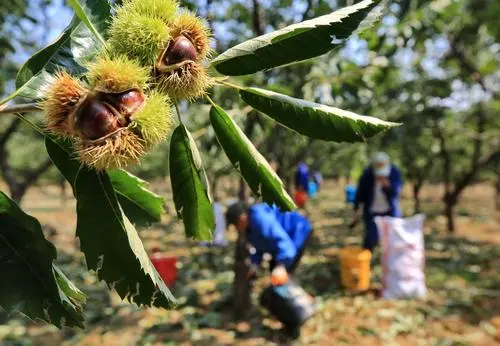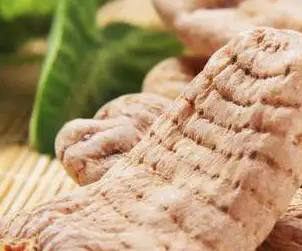近代英国买中国茶叶吗(茶叶在运输中应注意什么)
- 茶叶
- 2024-05-08 11:51:39
- 123

Introduction
During the 18th and 19th centuries, China was the largest producer of tea in the world. The British had become quite fond of the beverage, but were frustrated with their trading relations with China. The Brits were desperate to find a way to reduce their trade deficit. This led to a period of intense competition between the British and other European powers for access to Chinese tea, and ultimately, the search for other sources of the beverage. In this article, we will explore the story of how the British started to buy Chinese tea and the impact it had on the global tea trade.
The Early Trade
The British East India Company started importing tea from China in the 17th century. By the early 18th century, tea had become a popular beverage among the British aristocracy. However, the Chinese tea trade was heavily regulated, and the British could only trade at the port of Canton. In addition to tea, the British also imported silk, porcelain, and spices from China. They paid for these goods with silver, which created a significant trade deficit for the British.
The Opium Wars
Desperately seeking a way to reduce their trade deficit, the British turned to smuggling opium into China. This led to the First Opium War between Great Britain and China, which lasted from 1839 to 1842. The British emerged victorious and forced the Chinese government to sign the Treaty of Nanking. This treaty opened up several Chinese ports to British trade, including Shanghai and Hong Kong. This gave the British greater access to Chinese tea.
Tea Plantations in India
Despite gaining greater access to Chinese tea, the British were still concerned about their dependence on Chinese trade. They wanted to find alternative sources of tea to reduce their vulnerability to Chinese monopolies. In the 19th century, the British began to establish tea plantations in India. This was initially met with skepticism, as the climate and soil conditions were not believed to be suitable for growing tea. However, the British persevered and eventually succeeded in establishing a thriving tea industry in India.
The Impact on the Global Tea Trade
The establishment of tea plantations in India had a significant impact on the global tea trade. The British were no longer reliant on Chinese tea, and they were able to produce tea at a much lower cost in India. This allowed them to sell tea at a lower price, making it affordable for the middle class. The British also exported tea to other countries, such as the United States, which had previously relied on Chinese tea imports.
Conclusion
The story of how the British started to buy Chinese tea is a fascinating one. It involved intense competition between European powers and a desperate search for alternative sources of tea. Ultimately, the establishment of tea plantations in India had a significant impact on the global tea trade. Today, tea is one of the most popular beverages in the world, and the legacy of the British pursuit of tea can still be seen in the global tea industry.
- 124人参与,0条评论






发表评论